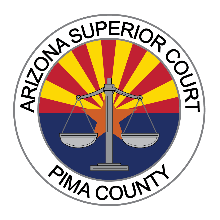This arrangement occurs when the youth are teenagers and appears that they will be unable to be reunified with their parents before they turn 18. Additionally, it appears that adoption or guardianship will be unable to be reached before they turn 18. This plan is also called Another Planned Permanent Living Arrangement (APPLA).
Dependency Status:
The dependency case is closed once the child turns 18 and is an adult.
Arizona Young Adult Program (AYAP)
When the youth are between 16 and 17 years old, they may enroll in the AYAP program. This program helps the youth develop life skills and permanent connections. It can include financial support and help in finding housing, continuing education or becoming employed, and also provides assistance for their physical and mental health.
Youth have the option of staying with DCS until they are 22. They receive support, a caseworker, and are able to stay on CMDP (comprehensive medical and dental plan), DCS’s insurance.



